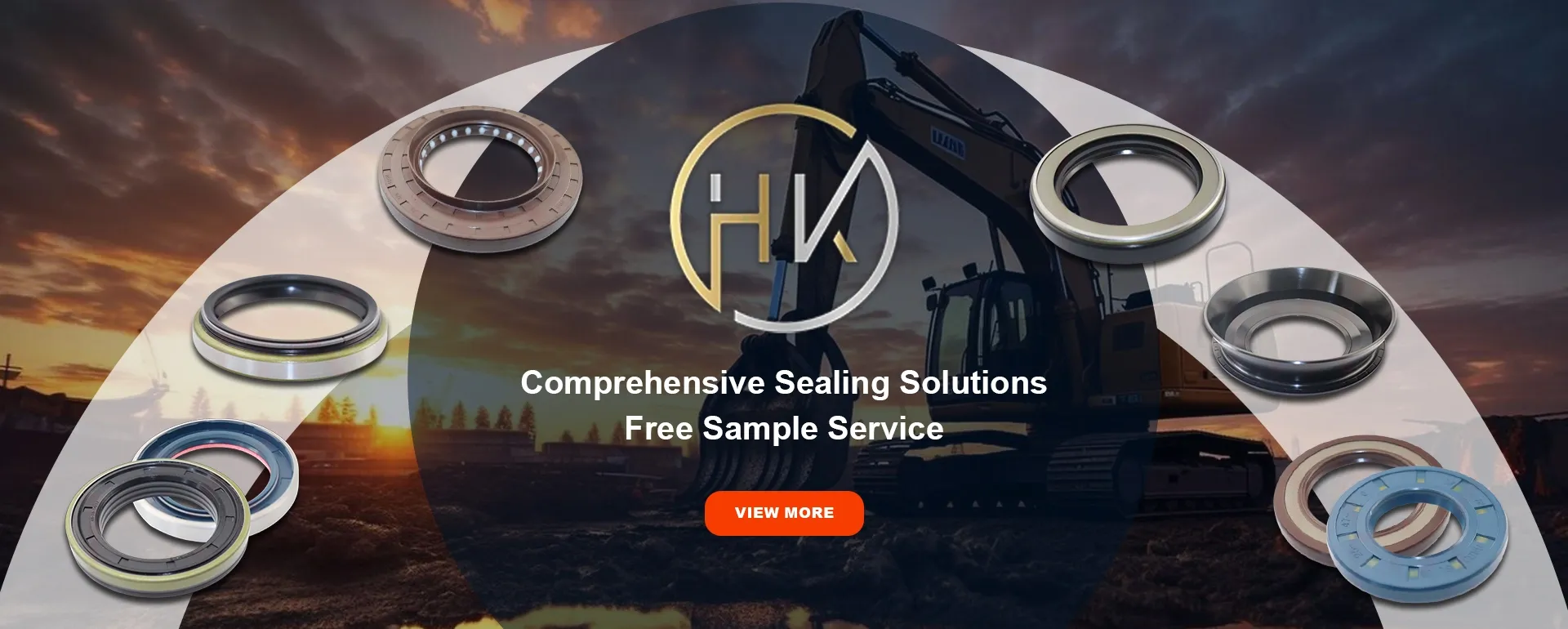Dec . 20, 2024 08:09 Back to list
shaft oil seal
Understanding Shaft Oil Seals Function, Types, and Applications
Shaft oil seals play a crucial role in ensuring the efficient operation of various machinery and equipment. Found in countless applications, from automotive engines to industrial machinery, these seals are designed to prevent the leakage of lubricants and the entry of contaminants. This article delves into the importance, types, and applications of shaft oil seals.
What Are Shaft Oil Seals?
Shaft oil seals, often referred to as rotary seals, are devices used to seal the interface between a rotating shaft and a stationary housing. The primary function of these seals is to retain lubricating oil within the machinery while preventing external contaminants, such as dust and dirt, from entering. This balance is vital for maintaining optimal performance and extending the lifespan of mechanical components.
The basic design of a shaft oil seal includes a flexible lip that presses against the surface of a rotating shaft. This lip creates a barrier against oil leakage while maintaining low friction. The materials used in manufacturing these seals are chosen based on their durability and resistance to various chemicals, temperatures, and pressures.
Types of Shaft Oil Seals
There are several types of shaft oil seals, each designed to suit specific applications and conditions. The most common types include
1. Single Lip Seals These are the most basic type of oil seal, featuring a single flexible lip that provides sealing at one end of the shaft. While simple and cost-effective, they may not be suitable for high-pressure applications.
2. Double Lip Seals These seals have two lips, allowing for better sealing capabilities. The inner lip retains oil, while the outer lip prevents contaminants from entering. This design is ideal for harsh environments and is commonly found in automotive applications.
3. Spring-Loaded Seals Incorporating a spring mechanism, these seals maintain consistent pressure on the shaft, improving sealing performance. They are versatile and can adapt to various operating conditions.
4. Oil Resistant Materials Some seals are specifically designed using materials that withstand harsh chemical exposure, extreme temperatures, and abrasive conditions, making them suitable for industrial machinery such as pumps and compressors.
shaft oil seal

5. Mechanical Seals While not a traditional oil seal, mechanical seals perform similar functions in preventing leaks in rotating equipment. They are often used in high-pressure applications and are designed to handle specific fluid types.
Applications of Shaft Oil Seals
Shaft oil seals are found in a wide range of industries and applications, underscoring their importance. Here are some notable examples
1. Automotive In vehicles, oil seals are used in engines, transmissions, and differentials. They help preserve engine oil, ensuring that lubrication is effective, thereby reducing wear and tear on engine components.
2. Industrial Machinery In production equipment, oil seals prevent lubricant leakage that can lead to lubrication failure and machinery breakdown. This is particularly vital in hydraulic systems where oil leaks can cause operational inefficiencies.
3. Agricultural Equipment Modern farming machinery requires reliable sealing to protect against dirt and moisture, which can damage sensitive components. Oil seals ensure that these machines can operate effectively under various environmental conditions.
4. Aerospace In the aviation industry, where safety is paramount, oil seals are critical in maintaining the integrity of engine components and hydraulic systems, helping to prevent failures that could lead to accidents.
5. Home Appliances Common household items, such as washing machines and dishwashers, utilize oil seals to protect motors and pumps from lubricant loss and contamination.
Conclusion
In conclusion, shaft oil seals are vital components that contribute to the longevity and reliability of a vast array of machinery and equipment. Understanding their function, types, and applications can help operators and engineers select the right seals for their specific needs, ensuring optimal performance and minimal maintenance issues. As technology continues to advance, the design and materials of these seals are also evolving, promising even greater efficiency and durability for future applications.
-
TCN Oil Seal Metal Ring Reinforcement for Heavy Machinery
NewsJul.25,2025
-
Rotary Lip Seal Spring-Loaded Design for High-Speed Applications
NewsJul.25,2025
-
Hydraulic Cylinder Seals Polyurethane Material for High-Impact Jobs
NewsJul.25,2025
-
High Pressure Oil Seal Polyurethane Coating Wear Resistance
NewsJul.25,2025
-
Dust Proof Seal Double Lip Design for Construction Equipment
NewsJul.25,2025
-
Hub Seal Polyurethane Wear Resistance in Agricultural Vehicles
NewsJul.25,2025
-
The Trans-formative Journey of Wheel Hub Oil Seals
NewsJun.06,2025
Products categories
















